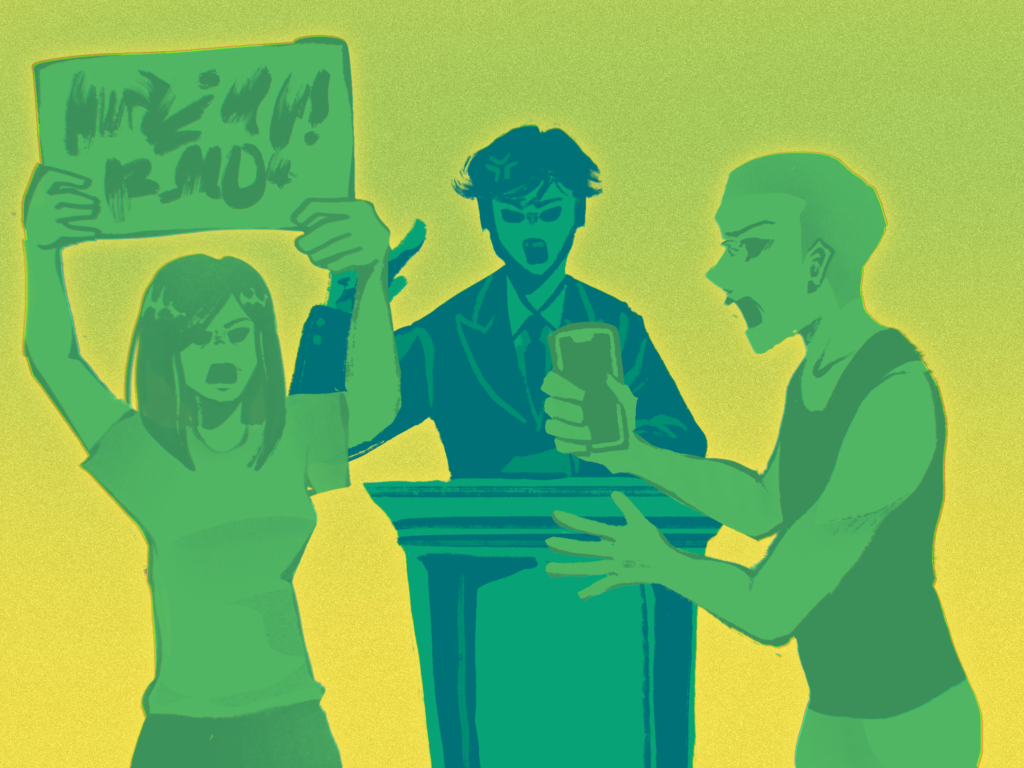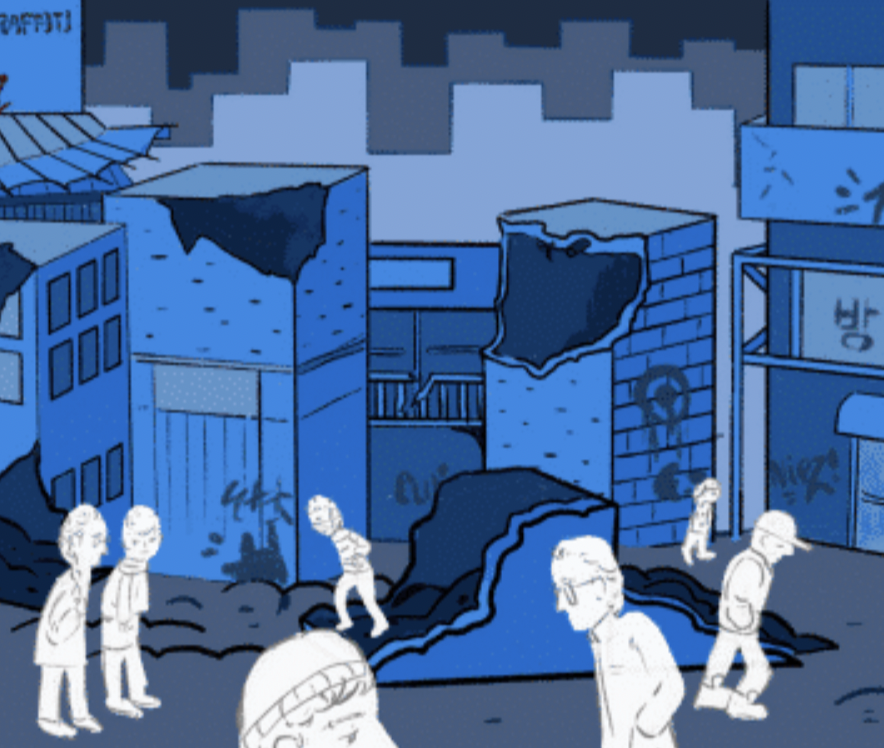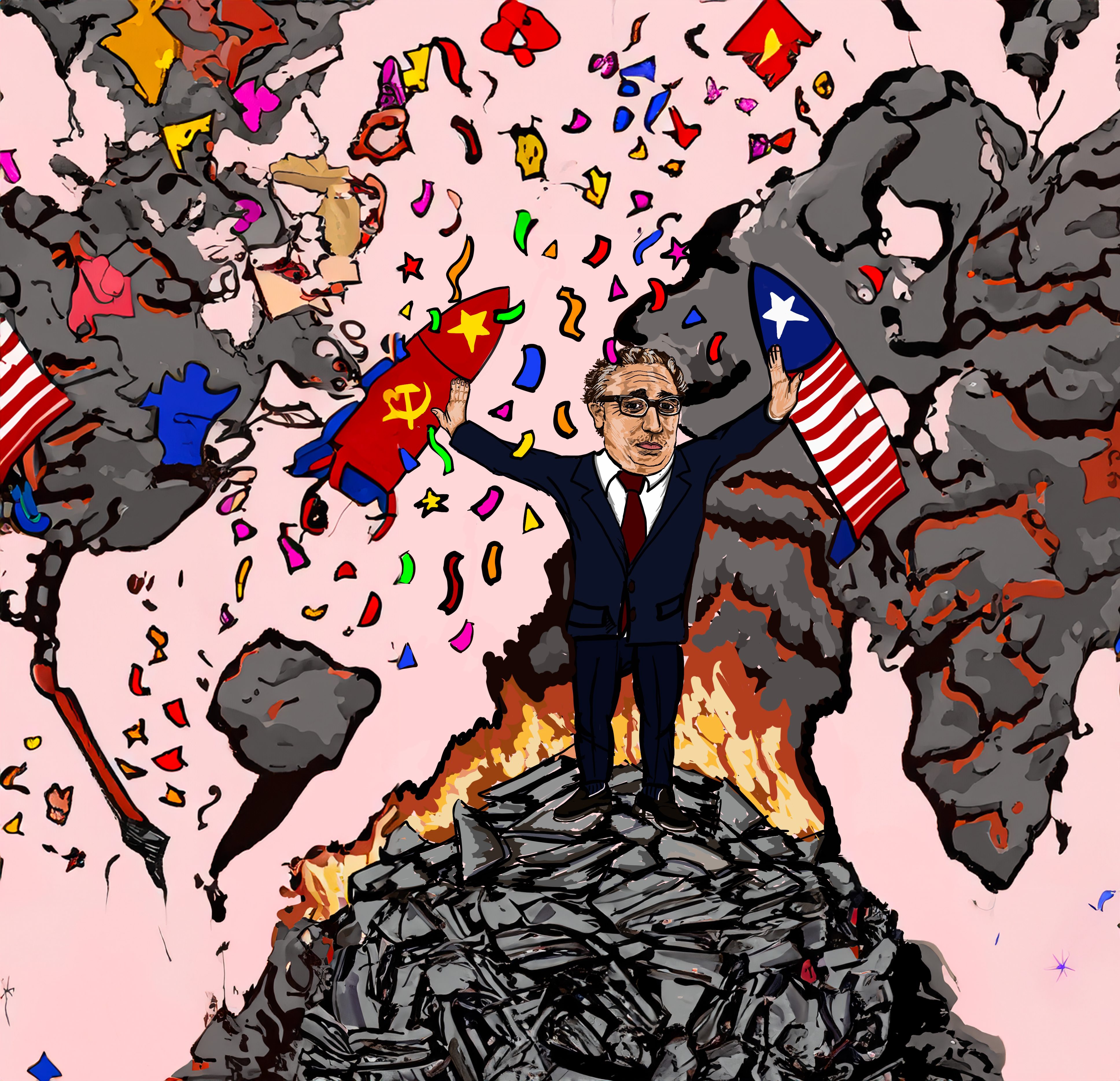Earlier this month, Robert Mueller III subpoenaed former White House chief strategist Steve Bannon in the Special Counsel investigation of Russian collusion in the 2016 election. The House Intelligence Committee also subpoenaed Bannon in early January in its separate collusion investigation. However, with the notoriously sneaky Bannon, it’s difficult to know if he’s telling the truth. What does he really know about Russia?
Bannon’s comments regarding an alleged Trump Tower Meeting in Michael Wolff’s newly released book, Fire and Fury, are believed to be a partial cause for the subpoena. Russian lawyer Natalia Veselnitskaya promised Donald Trump Jr. that she had information that would destroy Clinton’s bid for presidency. The information was “part of Russia and its government’s support for Mr. Trump.” Trump Jr., Paul Manafort, and Jared Kushner met with Ms. Veselnitskaya and a former Soviet intelligence officer in Trump Tower. Bannon’s take on the meeting was included in the book: “Even if you thought that this was not treasonous, or unpatriotic, or bad s–, and I happen to think it’s all of that, you should have called the FBI immediately.” After remarks of his detailed in the book garnered controversy, Bannon released a statement diverting his initial criticism from Donald Trump Jr. and toward former campaign manager Paul Manafort.
Bannon’s actions and statements in the past don’t exemplify honesty. While he was editor of the nationalist website Breitbart, he routinely published controversial and often derogatory content. Articles propagating dangerous conspiracy theories, like the President Obama-era ‘Birthergate’, have made waves across the internet. Bannon hasn’t shied away from exploiting ignorance in the past. Could his statements to Wolff be “alternative facts” ?
As shown by the events of the past few weeks, Trump and Bannon have a rocky relationship. Bannon assisted Trump on the campaign trail, publishing pro-Trump content on Breitbart and becoming the campaign’s CEO. After his inauguration, Trump employed Bannon as White House chief strategist and senior counselor to the President. Later, an executive order gave an unqualified Bannon a seat on the National Security Council. If anybody were to know about Russian collusion, it seemed like it would be Bannon.
Bannon left the Trump administration and rejoined Breitbart in August 2017. On January 3, Trump released a statement that read, in part, “When [Bannon] was fired, he not only lost his job, he lost his mind…. he spent his time at the White House leaking false information to the media.” Six days later, Bannon left his position at Breitbart.
With luck, Bannon’s upcoming testimony will reveal the extent of his knowledge. Mueller’s subpoena initially called for testimony in front of a grand jury, but Bannon has reportedly negotiated a private meeting with the investigators. Bannon already met with the House Intelligence Committee, but he refused to answer questions and attempted to invoke executive privilege, which he doesn’t have the right to do. Still, Bannon’s confusion over executive privilege and subsequent silence has meant that little information has thus far come out. Bannon was expected to return to the House Intelligence Committee on January 16, but that appointment has been delayed indefinitely.
If Bannon is to be trusted, are we excusing his past? Moreover, with his reputation already ruined, it is doubtful that he will want to contribute anything more incriminating than he has already. He is already trying to distance himself from the anti-Trump agenda. Without Breitbart, it’s all too likely that he will soon fade from the limelight if the Mueller inquisition proves unsuccessful. It’s possible, but unlikely, that the extent of his knowledge has been covered in Fire and Fury. Bannon isn’t reliable, and it’s difficult to say that he will be accommodating in the Special Counsel investigation. In the end of the day, all we can hope for is Bannon’s cooperation — but we should expect very little.




